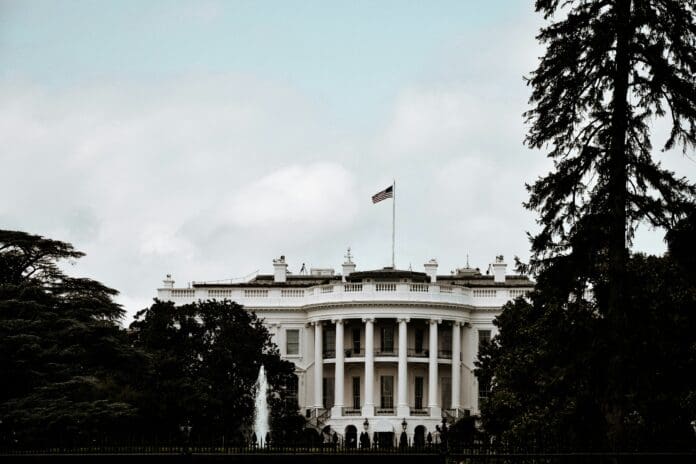This post is also available in:
 עברית (Hebrew)
עברית (Hebrew)
Recent reports have raised concerns within the cybersecurity community about the U.S. potentially halting its offensive cyber operations against Russia. Now, the Pentagon has denied these claims, but the confusion surrounding the issue highlights the critical role these operations play in defending against persistent cyber threats. Experts warn that pausing such actions could leave the U.S. vulnerable to continued attacks from one of the world’s most active and sophisticated cyber adversaries.
The idea of halting offensive operations against Russia, a nation consistently involved in cyberattacks against the U.S. and its allies, is seen by some experts as a strategic mistake. In an interview with Cybernews, AJ Nash, a former NSA and Cyber Command veteran, expressed concern that ceasing these operations could result in severe consequences. According to Nash, reducing offensive measures against a state that actively conducts cyber operations would leave critical vulnerabilities unaddressed, giving adversaries the upper hand.
Nash highlights that the threat posed by Russia is persistent and ongoing, with significant incidents and continued cyberattacks. Stopping offensive cyber operations, even temporarily, could mean missing out on crucial intelligence, impeding defenses, and losing the deterrent effect that proactive measures provide.
According to Cybernews, the role of the private sector in filling any potential gaps left by a slowdown in government cyber operations is also a topic of concern. While tech companies such as Google and Microsoft regularly report on cyber threats, they cannot take action on the same scale as government agencies, nor do they have the same jurisdiction. Nash argues that without active government intervention, the private sector can only inform the public but cannot effectively combat or mitigate such threats.
Nash warns that a shift in U.S. cyber policy toward relaxation of operations against Russian cyber activities could have far-reaching consequences. The risk, he argues, is not just about losing the ability to act, but also about the message it sends to adversaries and allies alike. The potential for political influence on private sector actions adds further complexity to the already fragile cybersecurity landscape.


























